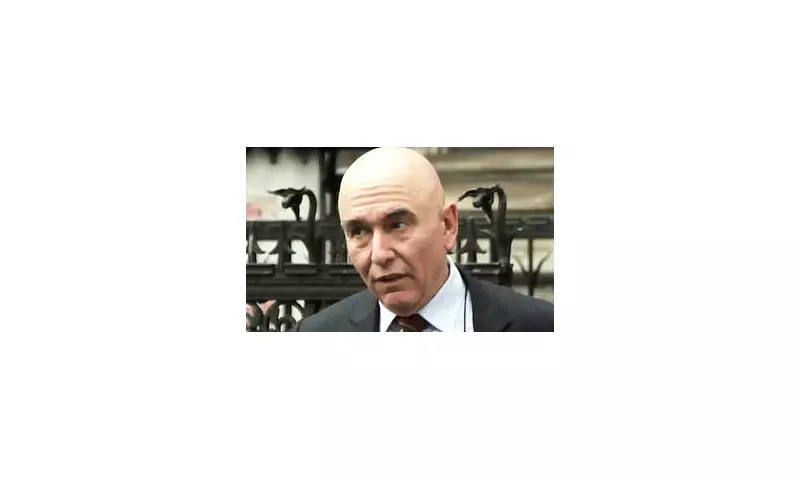
Cambridge Surgeon Cleared of Exaggerating Disabilities in NHS Claim
A distinguished University of Cambridge professor and orthopaedic surgeon has been exonerated by the High Court after the NHS accused him of deliberately underperforming in medical tests to bolster a £1 million compensation claim. Dr Mohamed Atef Hakmi, a 64-year-old lecturer and fellow of the Royal College of Surgeons, suffered a life-altering stroke at his home in November 2016, which resulted in permanent disabilities that forced him to abandon his surgical career.
The Allegations and the Court's Findings
Dr Hakmi initiated legal proceedings against the NHS, alleging that a failure to promptly diagnose his second stroke meant he missed out on vital clot-busting thrombolysis treatment, leading to significant brain damage and physical impairments. In a contentious defence, the NHS alleged 'fundamental dishonesty', pointing to neuropsychological test results that placed his IQ in a range suggesting 'borderline mental disability' and memory scores in the bottom percentile of the population.
However, after a thorough examination of the evidence, Judge David Pittaway dismissed these allegations. The judge concluded that Dr Hakmi's poor performance in the pre-trial assessments was not intentional but was likely due to exhaustion, partly stemming from issues in his family life. 'I do not consider that Mr Hakmi was performing badly on the tests...to exaggerate deliberately the extent of his impairment,' Judge Pittaway stated.
A Timeline of Medical Events
The court heard that Dr Hakmi had experienced a first stroke in September 2016, from which he made a strong recovery after receiving timely thrombolysis treatment. His second stroke occurred in November 2016. He identified the symptoms while working late and, when they recurred hours later, he immediately went to Lister Hospital in Stevenage, informing staff he was having a stroke.
Despite his self-diagnosis, he was not given thrombolysis. After an examination by an A&E doctor and a consultation with a remote stroke specialist via the NHS' remote system, he was reportedly told he was 'not having a stroke' and that his symptoms could be a migraine or epilepsy. His stroke was not formally diagnosed until 9am that day, by which time it was too late for the effective administration of thrombolysis, which has a critical window of four-and-a-half hours.
Dr Hakmi's barrister, Robert Kellar KC, argued that this negligence led to permanent disabilities, including a limp, reduced sensation in his fingers and toes, fatigue in his right arm, and a brain injury causing short-term memory loss and impaired concentration.
The Final Ruling and Its Consequences
While clearing Dr Hakmi of dishonesty, Judge Pittaway ultimately rejected his £1 million compensation claim. The judge found that the severity of Dr Hakmi's stroke symptoms were not sufficient to warrant thrombolysis until it was too late, and that the hospital's protocols considered his recent previous treatment a contra-indication for further thrombolysis. Crucially, the judge ruled that even if the treatment had been administered, it would 'probably not have altered the outcome' given the 'very good, if imperfect' recovery Dr Hakmi had already made.
The claim was dismissed, but the NHS was ordered to pay 15% of Dr Hakmi's legal costs. The case was brought against the East and North Hertfordshire NHS Trust and the Norfolk and Norwich University Hospital NHS Foundation Trust.






